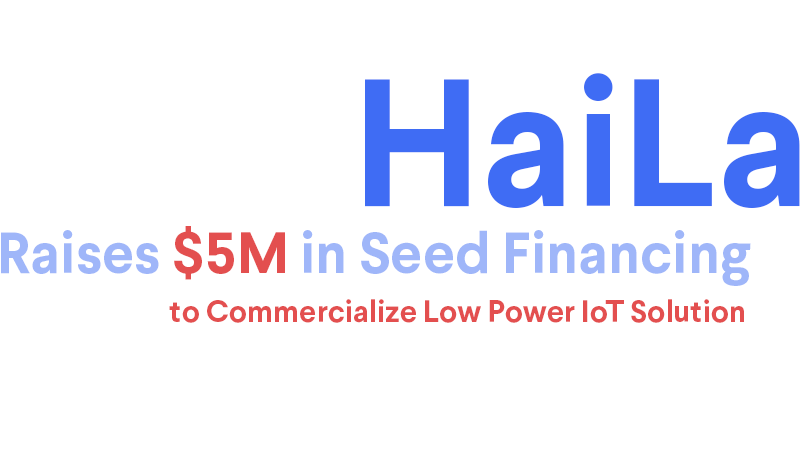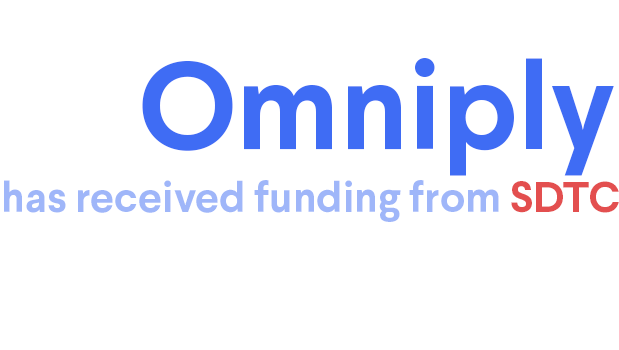5 Rules for Cofounder Heaven

Finding a good cofounder is a key ingredient of a successful startup. Having had the opportunity to work with a variety of co-founders over the years, and now pairing up with individual co-founders for TandemLaunch portfolio investments, I have developed a couple rules of thumb for what to look for in co-founders.
Ensuring co-founders have common goals basically boils down to alignment of interest. Startups typically fail due to a misalignment of interests, so you need to make sure right out of the gate that both founders have equal interest. It doesn’t do you any good to have two superstar entrepreneurs if one of them wants to build the next Facebook, and the other wants to build a company to flip it for a million dollars in as short a time as possible. Right around the time when you hit that million dollar milestone and you get the first offer, that founding group is going to implode.
The only thing that might just stop that entity from imploding is a set of common values, which hold social (and matrimonial) relationships together. At the end of the day, you cannot plan for all the possible contingencies, and you don’t know what’s going to happen down the road. What you can rely on are common value systems, and ways of making decisions about new issues. People with common value systems will more likely than not arrive at consistent answers when the unforeseeable problems pop up.
It is not especially important that you have a particular set of values, just that the co-founders you select share the same values. Mark Zuckerberg has a much more radical perspective on what constitutes fair play than some people, but that can work in a startup as long as the key players operate consistently based on the same value system. Values are also something that the majority of your employees should share. There’s no magic dividing line between founders and other employees when it comes to values.
2. Balanced Emotional Ownership
Co-founders need to have similar emotional ownership of the venture. In other words, they should feel bad if things are not going well. A co-founder should have significant emotional distress not just if the venture fails, but even if it’s not doing as well as it could. Founders in general tend to be perfectionists, they tend to get upset when things could be better but aren’t, and so you want people who are driven towards improvement.
If you can achieve that with your employees, it will serve you well, but to varying degrees they are guaranteed to have less emotional skin in the game. They will at least have less financial skin in the game, which makes it harder to have the same kind of emotional response to ‘your baby’ having to be perfect. In a lot of ways, the level of emotional ownership is precisely the difference between founders, early employees, and later stage employees.
3. Similar Commitment
Founders need to be equally committed to the venture. That usually means a 24/7 commitment for all co-founders, being on the ball all the time, and generally being obsessed with pushing every hour possible into the venture. While having both founders fully committed is the default scenario, it is possible to build a startup with co-founders who both have similar time constraints. A lower time commitment will impact the kind of startup you can build, but if both founders are equally (less) committed, at least the startup shouldn’t blow up due to commitment asymmetry.
What I would strongly advise against is time commitment asymmetry. The prime example is when one founder works full time, quits their job, and puts every living hour into the startup, while the other founder is hanging out on the edges, still has a job, puts in a few hours here and there, tries to help out, and maybe even had ‘the idea.’ This is a recipe for co-founder hell.
4. Similar Expertise
Co-founders should be of a similar weight class. What I mean by this is that they need to have a similar reputation, influence, skill, capabilities, and so forth. They don’t have to have the same skill (in fact it is probably good to have someone with technical expertise and someone with business expertise), but each founders’ level of expertise need to be similar. So if one founder is an extremely well known innovator with three start-ups under her belt, then ideally the other one should have a similar configuration. If you don’t, you have a situation similar to a time commitment asymmetry where one person does all the work, or in this case is responsible for all of the positive contribution to the company, and the other one doesn’t. That will lead to relationship blow up scenarios at some point or another.
In this context, also avoid “single task” co-founders. You are looking for people who are first and foremost leaders. They might be technical leaders but they shouldn’t be just writers of code (or just accountants, etc.). That might work very well early on, but introduce great stress when your venture scales.
The only exception to these balancing issues, and one I’ve lived myself, is if you have a matching asymmetry somewhere else that offsets the imbalance (e.g. highly experienced co-founder with limited time vs. inexperienced co-founder full time). That’s very difficult to pull off but can work if the alignment of goals and values is very strong.
5. Relationship Distance
Co-founders should have some degree of distance in their relationship. This sounds counter-intuitive: “Why shouldn’t I be best friends with my co-founder as I will be spending so much of my time with her anyhow?” That’s precisely why you shouldn’t be best friends. Or married. Or siblings. And so forth. Unlike traditional business, startups go through massive amounts of change, stress and performance fluctuation. As a founder, you will already be deeply entangled with your venture at the emotional level. An additional layer of emotional involvement with your co-founder will make objective decisions even harder, decreasing the likelihood that significant founder relationship issues are dealt with before they become major problems, and ultimately having a negative impact on the stability of your startup in the long run.
Of course you need to like and respect your co-founder. But consider what would happen if you had to tell him that he isn’t performing or that his big idea isn’t panning out. If there is any emotional awkwardness in that imaginary dialog then you have a problem. I have seen family members sue each over their joint start-ups. You don’t want to go there.


